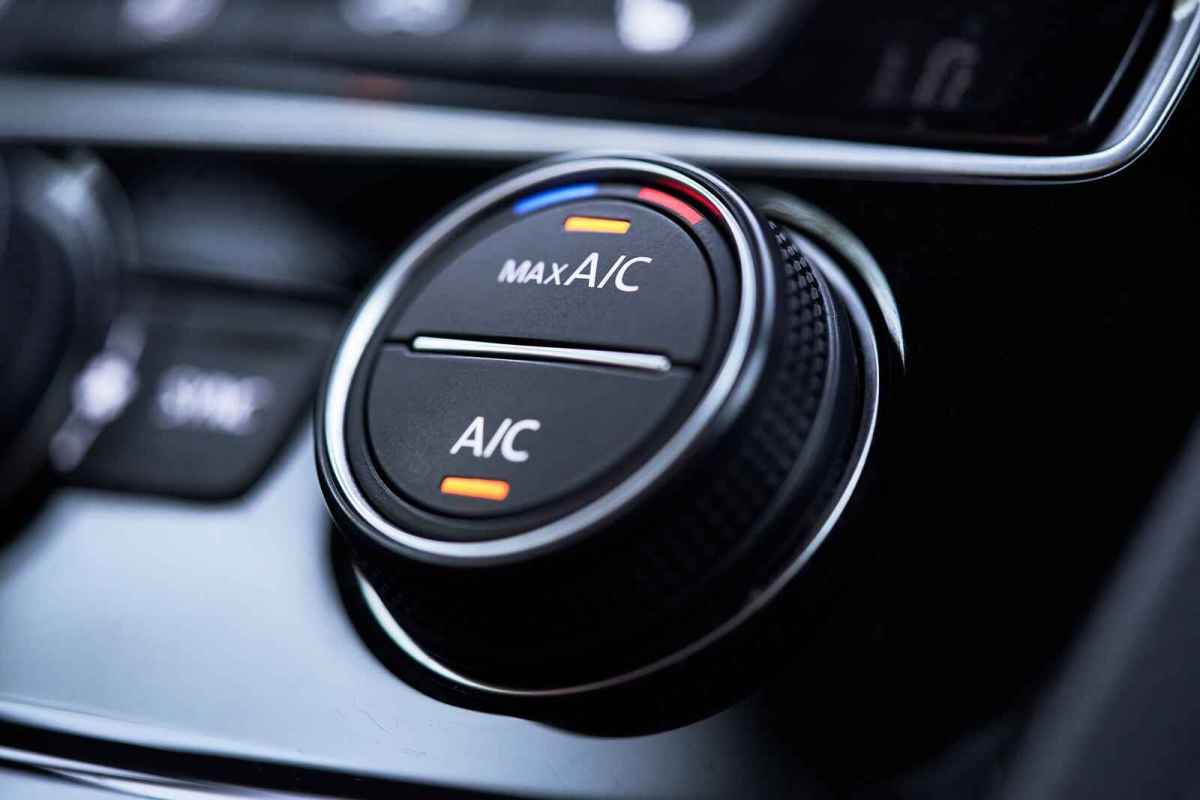And as concerns about the environmental and health risks associated with PFAS, or per- and polyfluoroalkyl substances, grow, automakers are now being urged to phase out their use in car air conditioning systems.
PFAS are a group of man-made chemicals used in a variety of consumer products for their water-resistant and stain-resistant properties. They are commonly found in items such as non-stick cookware, food packaging, and firefighting foam. However, these ‘forever chemicals’ have been linked to a range of health issues, including cancer, reproductive problems, and immune system disorders.
In recent years, studies have shown that PFAS can also be found in car air conditioning systems, specifically in the o-rings and seals used in the units. This contamination can occur when the chemicals leach out of the parts and into the air or when the parts are replaced and improperly disposed of.
Environmental groups and health advocates are calling on automakers to take action to address this issue. They argue that exposure to PFAS in car air conditioning systems poses a risk to both the environment and human health. In response to these concerns, some automakers have committed to eliminating PFAS from their products, while others have yet to take action.
One of the main challenges in transitioning away from PFAS in car air conditioning systems is finding suitable alternatives. Many manufacturers have relied on these chemicals for their unique properties, such as resistance to temperature extremes and compatibility with various substances. However, researchers and industry experts are exploring alternative materials and technologies that can achieve the same functionality without the negative impacts of PFAS.
In addition to addressing the use of PFAS in car air conditioning systems, automakers are also being urged to improve their recycling and disposal practices to prevent further contamination of the environment. Proper disposal of old parts and components is essential to ensure that PFAS do not end up in landfills or waterways, where they can persist and accumulate over time.
While the transition away from PFAS in car air conditioning systems may present logistical and technical challenges, it is a necessary step towards protecting the environment and public health. By working together with researchers, regulators, and other stakeholders, automakers can develop sustainable solutions that meet the needs of consumers while minimizing the impact on the planet.
In conclusion, as the automotive industry continues to evolve and innovate, it is crucial that automakers prioritize the use of safer and more sustainable materials in their products. By phasing out the use of PFAS in car air conditioning systems and implementing responsible disposal practices, automakers can help reduce the environmental and health risks associated with these harmful chemicals. It is time for automakers to take action and make a commitment to moving away from ‘forever chemicals’ for the benefit of both present and future generations.
